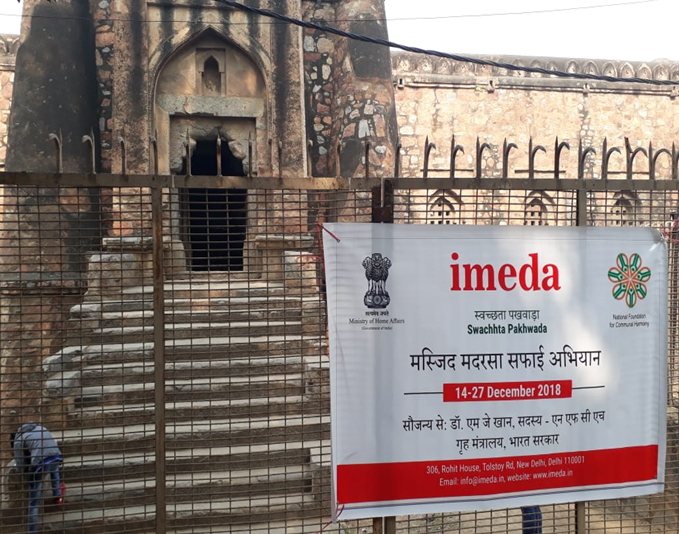By Yusuf Ansari, TwoCircles.net
For a few years, the country has been witnessing agencies and individuals come up with unique ways to malign the name of Muslims in popular media. Sadly, a huge chunk of mainstream national media is one of them. The usual plan of action starts by blaming Muslims for a particular incident, and then shaming them through social media, and finally when some try to counter the hatred, their speaking out against injustice is used to create anti-sentiments about their faith. The process has not only originated during Prime Minister Narendra Modi’s election but has also gained traction and positioned itself at the prime following the years of his re-election.
Nearly every day we see a Muslim cleric on prime time debate of national media where the other panellist sharing the stage are usually a BJP leader, an RSS official, and either a VHP or Bajrang Dal activist. All the three are shown ganging up on the cleric and when he tries to counter, all the three ‘opinion leaders’ somehow start calling him out for his rash behaviour on national television. By the end of the show, the Muslim has already been tagged as ‘rash, ill tempered, bad mannered, uneducated, extremist’ and more. It seems as if TV channels have reserved two to three Muslim clerics that alternately attend these shows in different news channels and perhaps, they being the TRP material for these prime time debates, are used again and again to spew the venom.

In order to counter this biased and discriminatory practice of demonizing Muslims, the country’s minority communities must come together and fight for justice. Such a group of thought leaders have taken up a challenge and formed ‘Indian Muslims For Progress and Reforms’ (IMPAR), a think tank that aims to present the true picture of Muslims. More 200 Muslim intellectuals and known faces have formed IMPAR, pledging to work together with other communities to celebrate the composite and secular culture of India.
Who are the think tank leaders?
These are experts in their respective fields who are not only looked up to within their communities but also across other sections. This group of individuals would perform the work of journalist and mediators who would rally authentic information and valued opinions from the community to news organizations. Some of these individuals are former Deputy Chairman of Rajya Sabha, Rahman Khan; former Election Commissioner S Y Qureshi, former Union Minister, Tariq Anwar; Roshan Baig; Chairman of Islamic Culture Centre, Sirajuddin Qureshi; Brigadier Saeed Ahmed; Special Police Commissioner A A Khan; former CRPF ADG Aftab Khan; former bureaucrat Anis Ansari; Educationist P A Inamdar; S W Akhtar; M M Ansari and others among UGC members and former central government officials.
Among media persons are well known journalist Saeed Naqvi, Qamar Wahid Naqvi, Qamar Agha, Shahid Siddiqui, Yusuf Ansari, Seema Mustafa, Saba Naqvi, Sheeba Aslam Fahmi and others. Chairman for the think tank is Indian Chamber of Food and Agriculture’s Dr M J Khan. Dr Khan has been working in agriculture sector for 15 years and has worked for the Muslim community for long.
Who is behind the think tank?
Behind the think tank is Chairman of the Indian Chamber of Food and Agriculture, Dr. MJ Khan. Khan has been working for the last fifteen years in the agricultural sector. Over the past nearly 15 years he has also been working on issues related to the Muslim community. He is known to be an expert in working collaboratively with multilingual and multicultural communities. Khan had started working as the point of contact between social organizations and political parties when he formed the Indian Minority Economic Development Agency (IMEDA), in 2015. His coordination is remarkable in the regional economic development of Muslim communities with the close alliance of non-governmental organizations. It was his dedication that led to the existence of IMPAR.


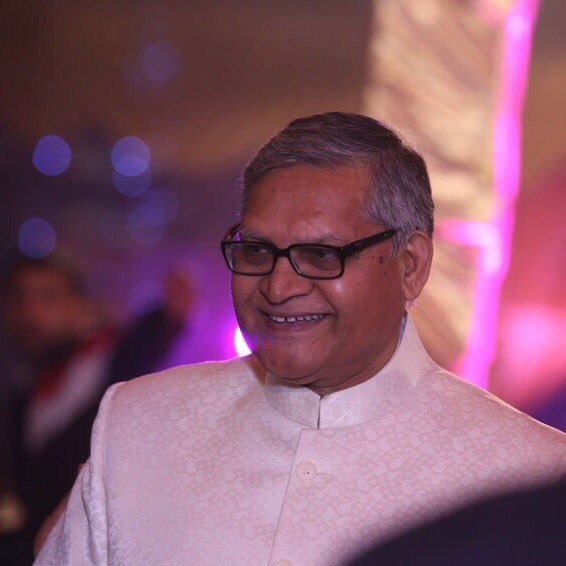

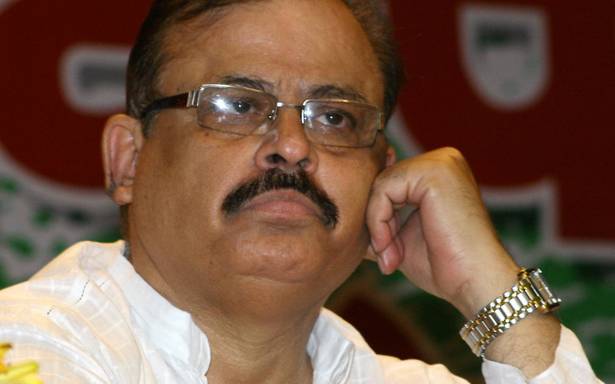
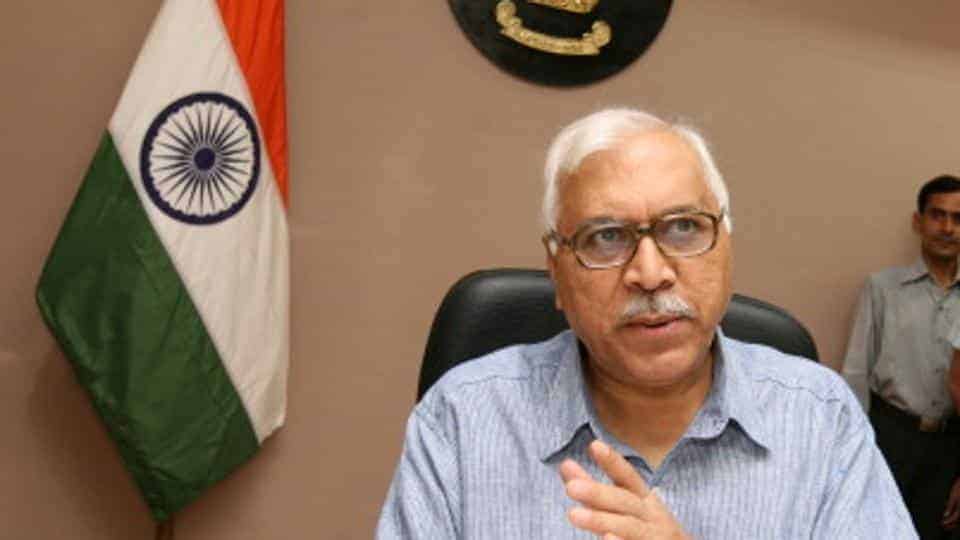
Muslim community in national media
In the recent rising atmosphere of anti-Muslim sentiments, most TV channels have been gaining viewership with a negative image of the Muslim community. Low education and due to limited access to resources, Muslims are unable to effectively counter this hate campaign. The think tank IMPAR, hence, aims to partner with organizations and help in nation building by adding modern education and common cultural values of the Muslim community to the mainstream. Besides the main council, IMPAR has several sub-groups. These different groups would contribute to internal reforms of the Muslim community by increasing their media participation. In this manner, their negative image on mainstream would also be dealt with.
Fake news on Muslims that lead to growing hatred for the community would be monitored by a subgroup at IMPAR, acting as a media watchdog. The group would report journalists and reporters that attribute false crimes to discredit Muslims and spread fabricated news on TV channels. Legal support, wherever required, would be taken to report such anchors, editors and owners so action can be taken against such misreporting. Simultaneously, FIRs would be filed and complaints would be lodged against news broadcasters who telecast fake news either on TV or social media. A demand for the cancellation of their air time would be reported to the Information Ministry for gross violation of journalistic etiquettes.
Internal reforms of the Muslim community
IMPAR cleanly believes that there is an urgent need of internal reforms for making positive changes in the Muslim society. The lack of proper education in most parts of the Muslim community, social and economic opportunities require immediate reforms. The IMEDA, in partnership with IMPAR is working on adding employment opportunities and primary education in the Muslim community. Its aim is equip the Muslim weaker sections by training for employment. IMPAR also emphasizes in adoption of balanced approaches on religious stances to focus on its secular and inclusive nature rather than isolating the Muslim youth from others.

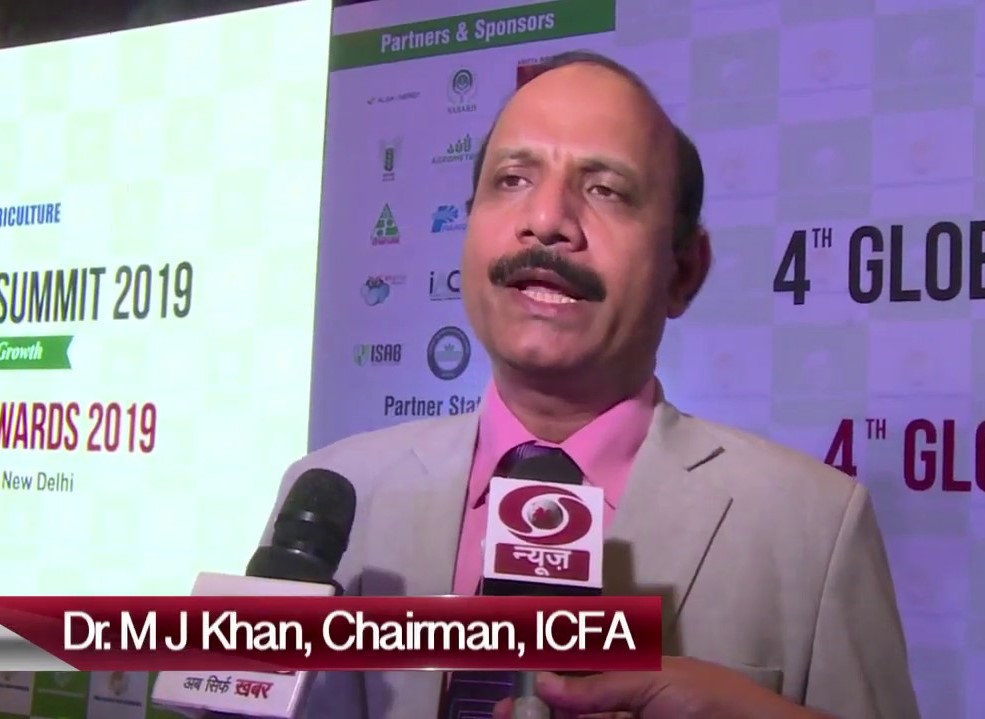


TV channels requested for a better replacement of clerics
Over the past few days it has been observed that Muslim clerics are represented poorly in the media community. The media calls for its prime time debates only self-styled clerics, or those who lack proper information about the real issues plaguing the community. These clerics try to extend their assumptions and unreal ideas of the community on live telecasts, maligning the community in totality. To counter this, IMPAR aims to call well-known people on TV who can give concrete and effective discussions in media panel. For this, one body of the IMPAR would send out lists of known people in their respective fields from the Muslim community who can be called for debates and discussions on TV.
IMPAR is currently discussing its action plan through video conferencing owing to the lockdown. Two meetings were held in April and since then there have been more with other subgroups. The organization was working on busting fake news with parnr organizations. For now it is working to gather Muslims of social, economic and educational significance who are connected directly to the community and can use their expertise in interacting with media forum.


